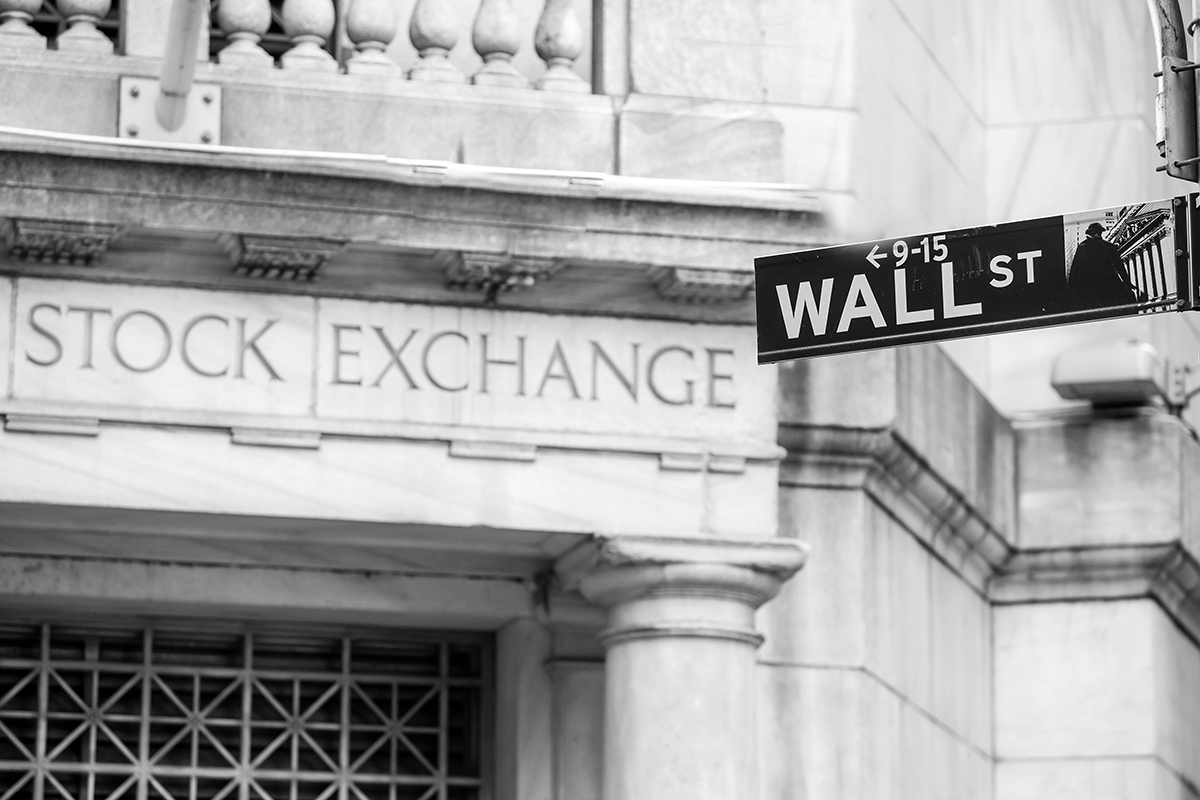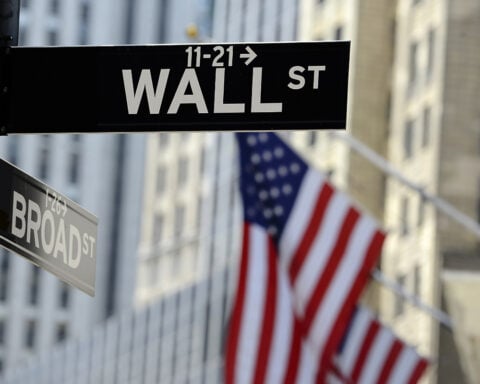Wall Street exhibits a lack of direction this Monday as global stocks pause in response to disappointing signs of China’s faltering economy, the second-largest in the world.
The S&P 500 remained stable during early trading, following its seventh successful week out of the last nine. The Dow Jones Industrial Average dropped by 5 points or less than 0.1%, settling at 34,503, while the Nasdaq composite nudged 0.2% higher.
Worldwide stocks hit after China posted weaker-than-anticipated economic growth for the spring. The country’s recovery post the lift of anti-COVID restrictions hasn’t met expectations, dampening a crucial growth driver for the global economy. Although this has contributed to controlling inflation globally, it has diminished a critical component of world economic growth.
In response to the bleak Chinese economic data, crude prices fell, with the U.S. oil benchmark sliding 1.1% to $74.60 per barrel. Brent crude, the international standard, went down 1.3% to $78.80 per barrel. Investors hope these disappointing figures will nudge Chinese authorities to sanction more economic stimulus.
Despite the absence of an expected boost from Chinese recovery, the U.S. economy has proven resilient. It’s successfully sidestepped a long-anticipated recession, even amidst significantly higher interest rates implemented to counter rampant inflation.
The coming week will reveal how this mix of conditions impacts corporations as the earnings season accelerates. Nearly 60 companies in the S&P 500 are slated to announce their profit from April through June this week.
Analysts hold relatively low expectations. According to FactSet, they predict the sharpest drop in earnings per share among S&P 500 companies since the pandemic’s impact in spring 2020. A third consecutive quarter of profit decline is also anticipated.
Reports last week from several banks and Delta Air Lines started the earnings season on a better note than expected. This week’s lineup includes Bank of America, Netflix, and Tesla reports.
Also due this week is the latest monthly update on U.S. retailer sales. Consistent spending by U.S. consumers, backed by a robust job market, has been vital in bolstering the economy’s resilience.
This robust data and recently declining inflation have propelled Wall Street higher this year. Investors are optimistic that these factors could convince the Federal Reserve to cease its aggressive interest rate hike campaign soon.
The majority anticipate that the Federal Reserve will increase rates at its meeting next week, pushing the federal funds rate to its highest since 2001. However, they hope this will be the final hike of this cycle.
More accessible interest rates tend to boost various stocks, with high-growth and large tech stocks viewed as the primary beneficiaries.
Tesla, which saw a 3.2% increase, led the market on Monday. The company also announced that its first production Cybertruck electric pickup had rolled off the assembly line, albeit almost two years behind schedule.
Activision Blizzard surged 3% after a U.S. appeals court on Friday turned down an attempt by regulators to block the video game maker’s $68.7 billion acquisition by Microsoft.
Microsoft also confirmed an agreement with Sony to continue the Call of Duty series on PlayStation following its acquisition of Activision Blizzard, possibly easing regulator concerns about the deal. However, Microsoft’s shares slipped 0.4%.
On the other hand, Ford saw a 4% drop after reducing its F-150 Lightning electric pickup’s price by several thousand dollars.
Internationally, following the dismal Chinese economic figures, Shanghai’s stocks slipped 0.9%, and South Korea’s Kospi edged 0.4% lower. Japan’s markets remained closed for a holiday, and a typhoon led to the closure of Hong Kong’s markets.
In Europe, most losses were modest, except for a 1.1% fall for France’s CAC 40.
Meanwhile, Treasury yields remained stable.
The 10-year Treasury yield, which influences rates for mortgages and other significant loans, remained consistent at 3.84%.
The two-year Treasury yield, more reactive to anticipated Fed actions, dipped slightly to 4.76% from 4.77% late Friday.
Investors worldwide keenly observe the effects of China’s slowing growth and its potential stimulus measures. With a week full of corporate earnings reports and Federal Reserve interest rate decisions, market activity is expected to be highly volatile. The resilience of the U.S. economy in the face of international headwinds further emphasizes the interconnectedness of global markets and the pivotal role of big players like China and the U.S.







